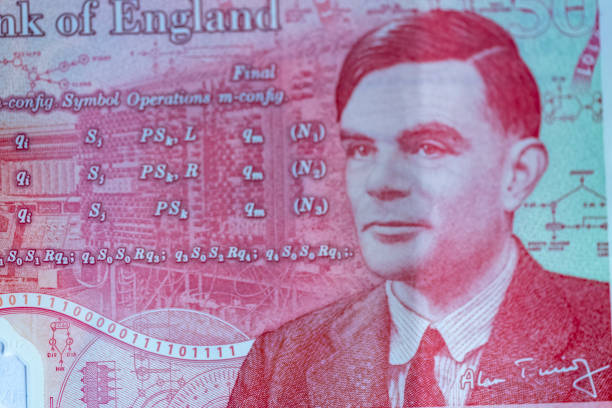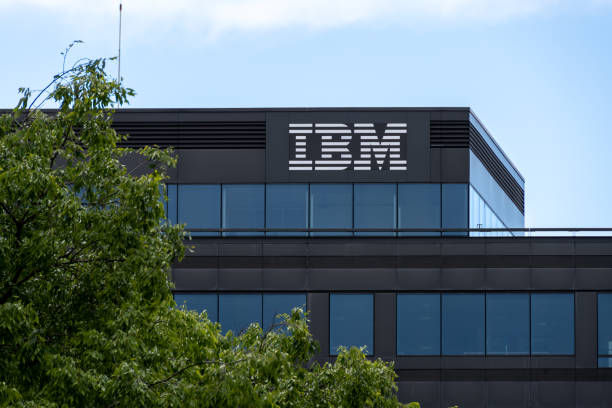Introduction:
The unprecedented influence of Computers In Our Life have made this world a tremendously different place from what it was just a few years back. So what was the development of computers, and which geniuses contributed to the appearance of the computers? Wizards, sorcerers, and magic wands are things that have formed the basis for many stories, or have been depicted in them; however, there are also histories that are not given to fiction that tell of the magical world of computers.
1. The Concept of Computation:
The concept of computation can be traced back to early man and features such primitive gadgets as the abacus for counting. A detailed history of the evolution of modern computers started early in the 19th century.
2. Charles Babbage and the Analytical Engine:
Charles Babbage an Englishman mathematician is best known as the ‘father of the computer’. In the 1830’s he devised The Analytical Engine, a mechanical Harps which could compute any sum.
3. Alan Turing and the Turing Machine:
Alan Turing, who was a British mathematician, first invented the concept of the Turing machine in 1936. This theoretical machine-shaped foundation is the foundation for today’s design and working of computers.
4. The First Electronic Computers:
It was during the Second World War that the first electronic computers started to be built. The ENIAC, or Electronic Numerical Integrator and Computer, was one of the first operational universal electronic computers implemented by John Presper Eckert and John Mauchly.
5. The Invention of the Transistor:
In the year 1947, the transistor was invented by John bardeen, Walter Brattain and William shockley at Bell lab. It did away with enormous vacuum tubes and this made computers to be small, fast and reliable.6. The Evolution to Personal Computers:
The 1970s and the 1980s are considered as the era of Personal Computers also known as the PCs. Computer manufacturing giants like Apple with structures established by Steve Jobs and Steve Wozniak, and IBM took an aggressive involvement in popularizing computers among the population.
7. The Internet and Modern Computing:
The last big advancement in computing was the development of the internet at the end of the twentieth century. The reference world wide web that can be accredited to Tim Berners-Lee in 1989 paved the way for such interconnectivity.
Conclusion:
The use and invention of computers is a story of people and their enduring efforts. From mechanical designs depicted by Charles Babbage to the life that people live today, everything has been extraordinary. Today computers are indispensable tools of our life which are never stagnant but developing with time and molding our future.











Comments
Post a Comment
👋 Hey there! Thanks for stopping by Quick Bits. We’d love to hear your thoughts! Share your Feedback, questions or just how your day is going below. Let’s keep the conversation going! 📝✨